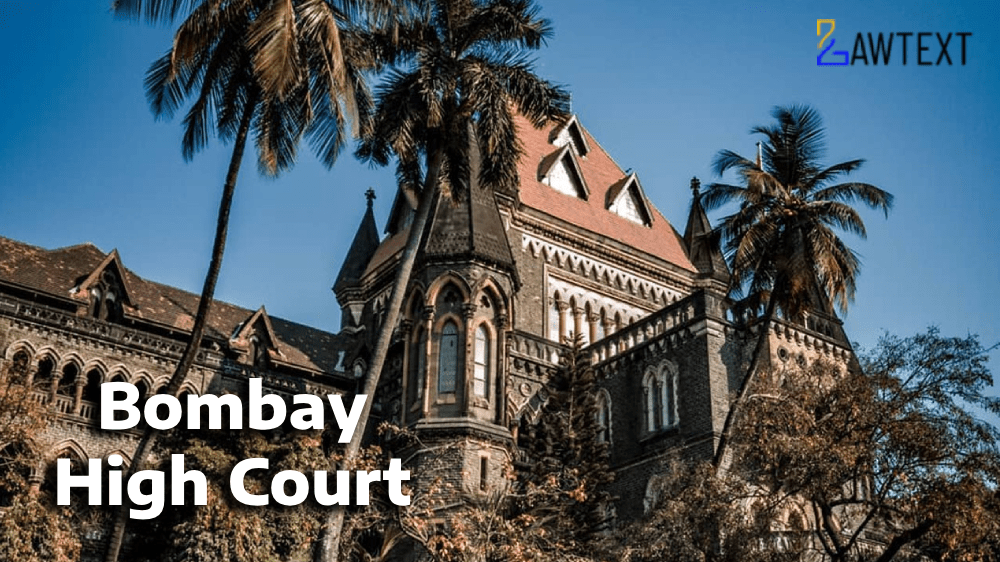Bombay High Court Dismisses Challenge to Partition Suit in Joint HUF Property Dispute. Alienation by One Coparcener Without Partition Gives Rise to Cause of Action; Suit for Partition Maintainable

CASE NOTE & SUMMARY
The court dismissed the Civil Revision Application (CRA) filed by Damodar Badrinarayan Bhandari (Defendant No. 6) challenging the rejection of his application under Order VII Rule 11 CPC. The application sought the rejection of a partition suit filed by the plaintiffs, members of the Darekar family, alleging alienation of ancestral joint Hindu Undivided Family (HUF) property by one coparcener without partition.
The court held that the plaintiffs had a valid cause of action as the property was joint family property, and partition had not yet occurred. The sale of part of the property by Defendant No.1 (a coparcener) to Defendant No.6 could not extinguish the plaintiffs' rights to seek partition.
-
Introduction of the Parties (Para 1-4):
- The case involves the Darekar family, with Plaintiffs being members of the family, and Defendant No.6 being a third-party purchaser of some family properties. The suit was filed seeking partition of six HUF properties, with a challenge to the sale deed executed between Defendant No.1 and Defendant No.6.
-
Cause of Action (Para 5-6):
- Plaintiffs claim that the six properties are ancestral joint HUF properties. They allege that Defendant No.1 sold four of these properties to Defendant No.6 in 2020 without partition, giving rise to the need for the suit filed in 2021.
-
Alienation and Challenge to Mutation Entries (Para 7-9):
- Defendant No.6 argues that mutation entries showing Defendant No.1 as the sole owner should bar the suit. The court, however, emphasizes that revenue entries do not create or extinguish ownership rights and that partition had not taken place, making the suit maintainable.
-
Defendant's Argument of Limitation (Para 9-12):
- Defendant No.6 contends that the suit is time-barred, arguing that the plaintiffs had knowledge of the mutation entries. However, the court rejects this, stating that the cause of action arose when the sale deed was executed, not merely on the basis of revenue entries.
-
Suit for Partition Maintained (Para 13-17):
- The court stresses that alienation by one coparcener without partition gives rise to a cause of action for the other coparceners to seek partition. Plaintiffs were entitled to file the suit to protect their undivided shares.
-
Rejection of the Application under Order VII Rule 11 (Para 18-26):
- The court holds that the issues raised by Defendant No.6 regarding mutation entries and suppression of facts cannot form the basis for rejecting the plaint. The facts indicate substantial triable issues, and the suit must proceed to trial.
Acts and Sections Discussed
- Order VII Rule 11 of the Code of Civil Procedure, 1908:
- The provision allows for the rejection of a plaint if it does not disclose a cause of action, is barred by law, or is otherwise not maintainable. The court, in this case, found that the plaintiffs had sufficiently disclosed a cause of action for partition.
Ratio Decidendi
The court ruled that the alienation of ancestral HUF property by one coparcener without the consent of others, and without partition, provides a valid cause of action for a partition suit. Revenue entries alone cannot extinguish the rights of coparceners to seek partition.
Subject and Tags
- Subject: Partition of Joint Family Property, Hindu Undivided Family (HUF), Rejection of Plaints, Alienation by Coparcener, HUF, Partition, Civil Procedure, Joint Family Property, Order VII Rule 11 CPC, Mutation Entries
ISSUE OF CONSIDERATION
Damodar Badrinarayan Bhandari Versus Vishnu Dagdu Darekar (since deceased) through LRs. Balkrushna Vishnu Darekar & Ors.
Citation: 2024 LawText (BOM) (7) 97
Case Number: CIVIL REVISION APPLICATION NO.247 OF 2024
Date of Decision: 2024-07-09
Case Title: Damodar Badrinarayan Bhandari Versus Vishnu Dagdu Darekar (since deceased) through LRs. Balkrushna Vishnu Darekar & Ors.
Before Judge: MILIND N. JADHAV, J.
Advocate(s): Mr. Drupad Patil a/w. Mr. Namitkumar S. Pansare, Advocates for Applicant. Mr. Ketan Joshi, Advocate for Respondent No.1(a). Mr. Shailesh D. Chavan, Advocate for Respondent Nos.4(b), 4(d) and 4(e).
Appellant: Damodar Badrinarayan Bhandari
Respondent: Vishnu Dagdu Darekar (since deceased) through LRs. Balkrushna Vishnu Darekar & Ors.

